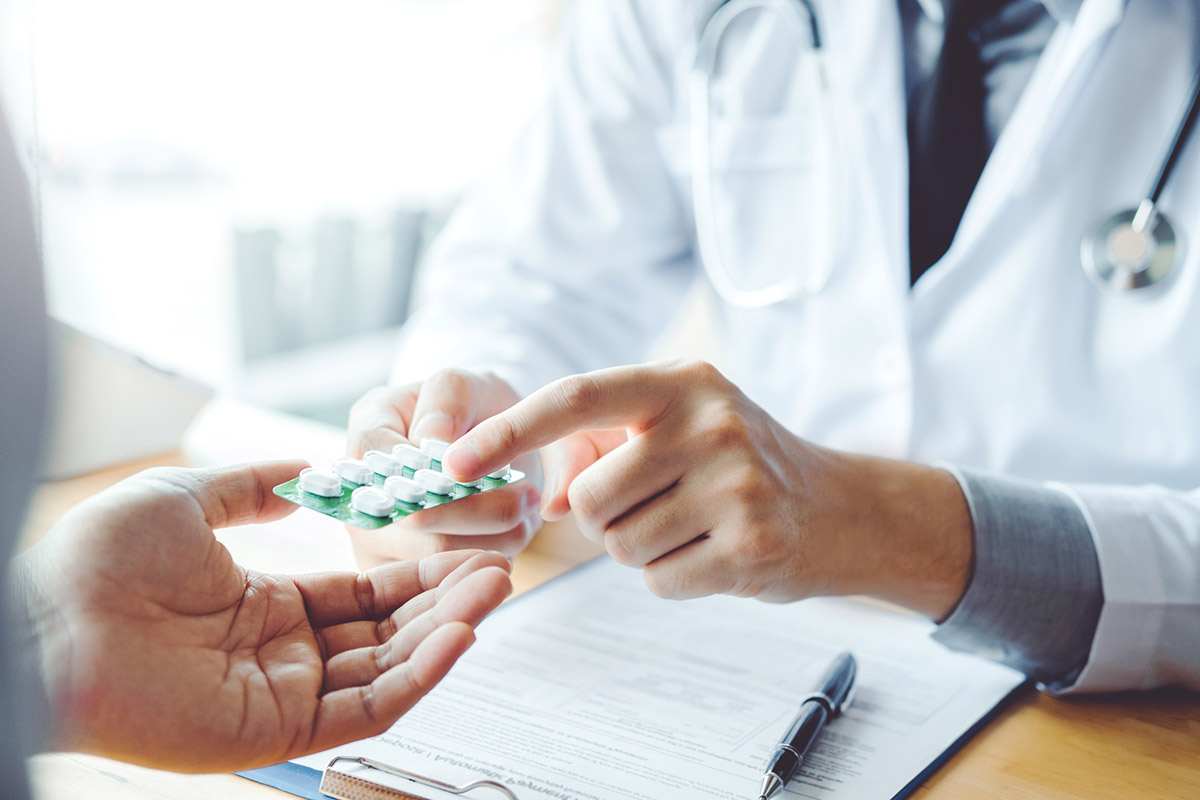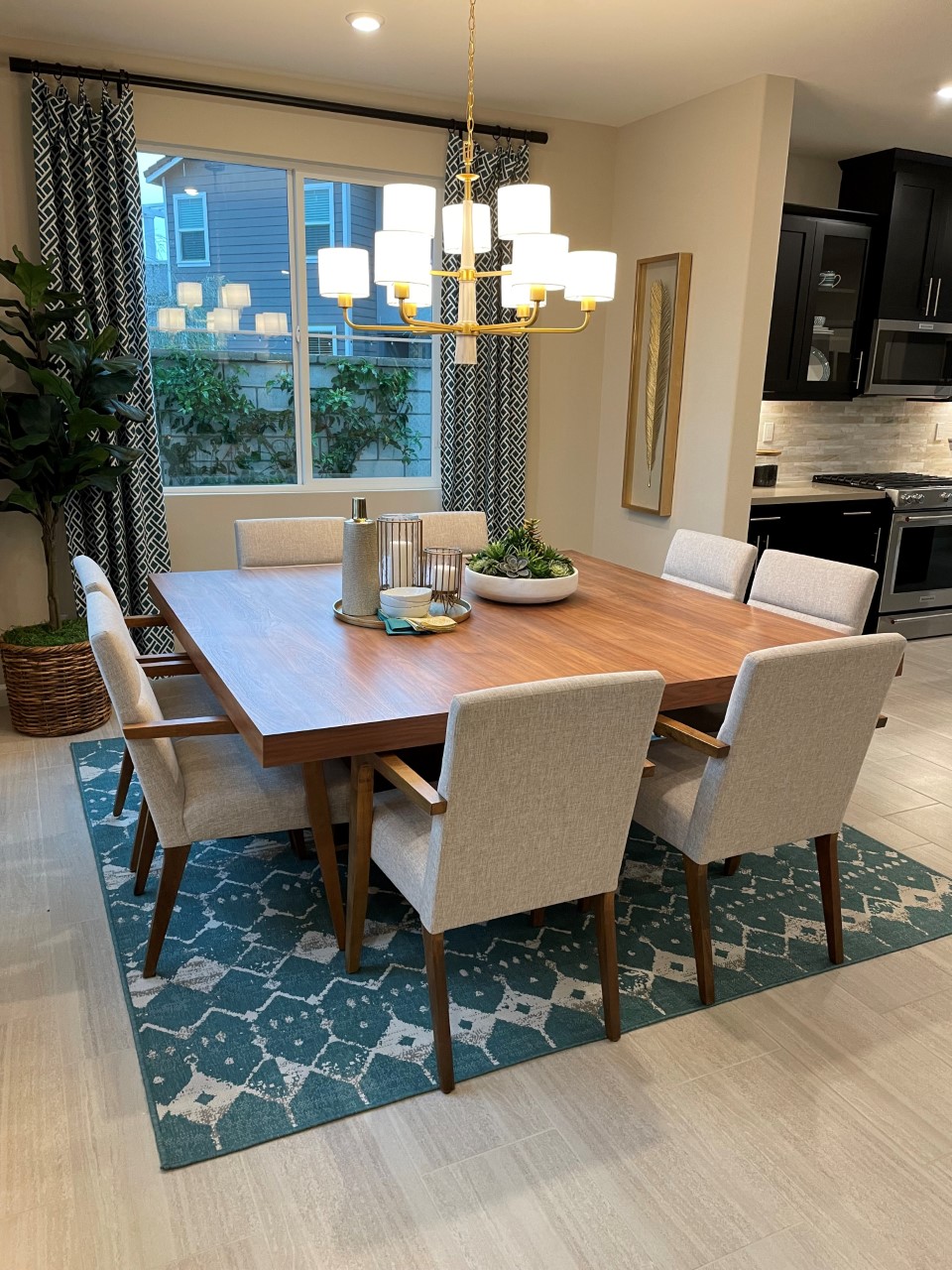
Lilac Recovery Center is a luxury rehab center in San Diego, CA, and Valley Center, CA that offers cutting-edge medication-assisted treatment for addiction (MAT) . This treatment program is meticulously designed to cater to the detox and substance use disorder needs of clients, ensuring a personalized approach that respects the individual journey of each person.
If you or someone you love needs help with addiction, Lilac Recovery Center is where recovery is synonymous with refined comfort. Here we combine luxury with exceptional alcohol addiction treatment, drug addiction treatment, and mental health services for people locally and nationally.

What is Medication-Assisted Treatment (MAT)?
Medication-assisted treatment for addiction (MAT) is a progressive approach to treating individuals with a substance use disorder, particularly those involving opioids and other prescribed medication, alcohol, and nicotine. It’s a clinically driven practice that combines the use of FDA-approved medications with comprehensive behavioral therapies and counseling sessions to treat the whole individual, not just the drug addiction.
The philosophy behind medication-assisted treatment is rooted in the understanding that addictions are a multifaceted disease affecting the brain and body. It acknowledges that simply detoxifying the body is not enough; the psychological aspects of addiction must also be addressed to reduce the risk of relapse and to promote a sustainable recovery.
Effectiveness and Goals of Medication-Assisted Treatment (MAT)
Medication-assisted treatment has been scientifically proven to be effective in the treatment of substance use disorders. It can significantly increase patient survival, increase retention in treatment, decrease illicit opiate use and other criminal activity among people with a substance use disorder, and improve birth outcomes among women who have substance use disorders and are pregnant.
The ultimate goals of our MAT program are to:
- Normalize brain chemistry
- Block the euphoric effects of alcohol and opioids
- Relieve physiological cravings
- Normalize body functions without the harmful effects of the abused drug
Medication-assisted treatment is a vital tool in the fight against addiction. It offers a bridge to recovery that is supported by medications, counseling services, and therapy, providing a holistic approach to healing that addresses both the physical and psychological aspects of substance use disorders.

What to Expect in Medication-Assisted Treatment For Addiction
At Lilac Recovery Center in San Diego and Valley Center, the MAT program is an integral part of the recovery process, providing clients with a comprehensive and compassionate approach to overcoming addiction. Here’s what clients can expect:
- 24/7 Medical Supervision: During the detox and withdrawal symptoms phase, clients receive round-the-clock medical care to ensure safety and comfort
- Customized Treatment Plans: Each client’s treatment plan is tailored to their needs, considering their personal history and recovery goals.
- Holistic Approach: The center believes in treating the whole person, not just the addiction, incorporating practices like yoga, meditation, and nutrition.
- Integrated Mental Health Support: Lilac Recovery offers integrated care that addresses all aspects of well-being for those facing co-occurring mental health challenges.
- Luxury Amenities: Recovery is experienced in a luxury setting, with amenities catering to comfort and tranquility.
- Aftercare Planning: Post-treatment support is a critical component of the MAT program, ensuring clients have a plan for sustained sobriety.
Behavioral Therapies and Counseling in MAT
Behavioral therapies are an essential component of MAT, as they help patients modify their attitudes and behaviors related to drug use, strengthen life skills, and support other treatments. Various forms of counseling and therapy may be involved, including:
- Cognitive-Behavioral Therapy (CBT): Assists patients in recognizing and coping with situations where they are most likely to use drugs.
- Group Therapy: Provides peer support and helps individuals realize they are not alone in their struggles.
- Family Therapy: Engages family members in the treatment process and can improve family dynamics and support.

Why Choose Lilac Recovery for Medication-Assisted Treatment (MAT)
Choosing Lilac Recovery Center to treat addiction means opting for a facility that stands out for its:
Accreditation and Expertise
As a licensed and accredited treatment facility, Lilac Recovery Center meets rigorous standards for care and professionalism.
Personalized Care
The center’s commitment to personalized treatment ensures that each client’s MAT program is as unique as their recovery journey.
Luxury Rehab
The luxurious setting of the center, combined with private rooms provides an ideal backdrop for healing and recovery.
Professional Medical Team
A dedicated team of experts, including physicians and therapists, offer the highest standard of care in addiction treatment.
Accessibility
With compassionate financing options and insurance acceptance, Lilac Recovery Center makes luxury rehab accessible to more individuals.

What Medications Are Approved for MAT?
While the purpose of MAT is to help patients safely cease the use of illicit substances and misused prescription medications, MAT medications are selected for their non-addictive nature, administered in tightly controlled circumstances, or both. A variety of medications have been approved by the FDA for use in the treatment of alcohol use disorder, opioid use disorder, and other SUDs.
Their approval comes after scientific evidence has shown them to be effective at reducing the risk of dangerous withdrawals and interacting with specific chemical receptors to ease withdrawal symptoms and curb cravings. For that reason, the medications you might encounter in MAT are dependent upon your substance of choice.

Start MAT for Addiction Today
If you or a loved one is looking for a comprehensive, compassionate, and holistic approach to sustained recovery, Lilac Recovery Center invites you to start your journey today. In the warmth of San Diego’s embrace, find the strength to heal and the opportunity to flourish in sobriety. Contact Lilac Recovery Center at 442-341-6400 to take the first step towards a brighter, healthier future where recovery is not just a possibility but a promise fulfilled.



